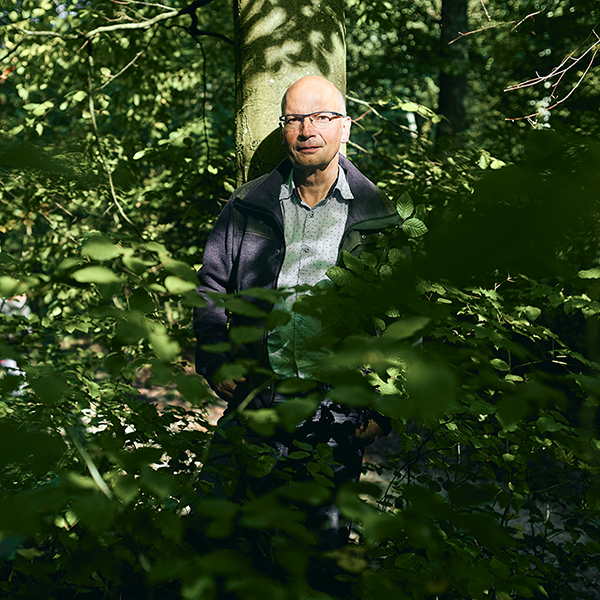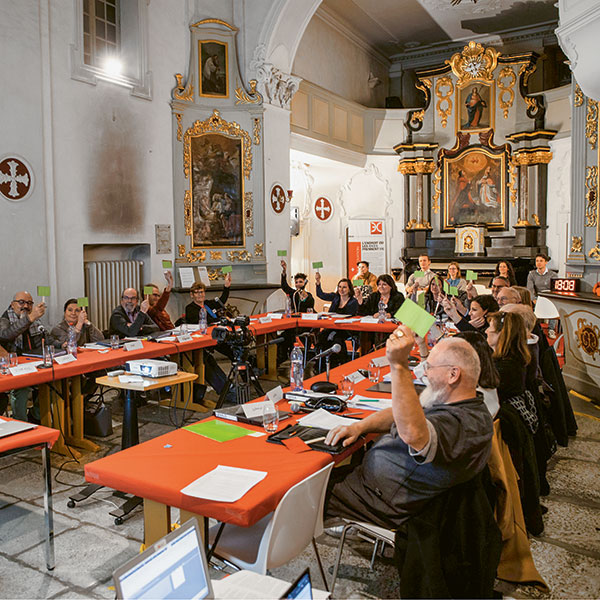Discrimination
Double-headed eagle combats prejudice
Although controversial, the double-headed eagle gesture by the footballer Xherdan Shaqiri has made it easier for people with Kosovar-sounding names to find an apartment in Switzerland.

Xherdan Shaqiri’s gesture contributed to a greater awareness of the Kosovar perspective. | Image: Fabien Sorin
Football fans will no doubt remember Xherdan Shaqiri’s controversial gesture at the last World Cup. While celebrating his goal against Serbia, he crossed his hands to symbolise a double-headed eagle, Albania’s heraldic animal. Shaqiri plays for the Swiss team, but his roots are in Kosovo and Albania. There was great indignation in Switzerland about it, and FIFA set up an investigation into unauthorised political symbolism.
Political scientists from Bern and Neuchâtel have now discovered an unexpected consequence of Shaqiri’s gesture: over a period of three months after the match, Kosovan immigrants in Switzerland were offered six percent more invitations to view apartments, bringing their total to 75 percent, near to the rate for Swiss apartment-seekers.
This is a conclusion drawn from a study that was conducted at the time to investigate the impact of foreign-sounding names on the housing market. The researchers had sent out 11,930 enquiries about housing to people with Swiss and foreign-sounding surnames.
This increase in invitations to people from Kosovo was statistically significant, says the study’s lead author Daniel Auer. It means that the debate about the loyalty of footballers had a clear, anti-discriminatory impact. For apartment-seekers with Turkish names, on the other hand, nothing changed. “One explanation would be that the Swiss showed solidarity with their players: solidarity against FIFA and against Kosovo’s big neighbour, Serbia”, says Auer. But at the very least, the gesture with the double-headed eagle contributed to a greater awareness of the Kosovar perspective – if only, perhaps, temporarily.




